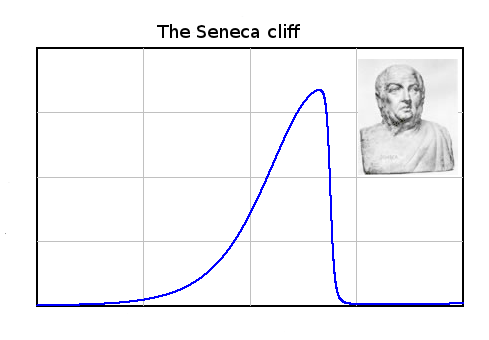And boy is it depressing. Martin Wolf:
Struggling with a great contraction:
Yet all is not lost. In particular, the US and German governments retain substantial fiscal room for manoeuvre – and should use it. But, alas, governments that can spend more will not and those who want to spend more now cannot. Again, the central banks have not used up their ammunition. They too should dare to use it. [....] The key, surely, is not to approach a situation as dangerous as this one within the boundaries of conventional thinking.






